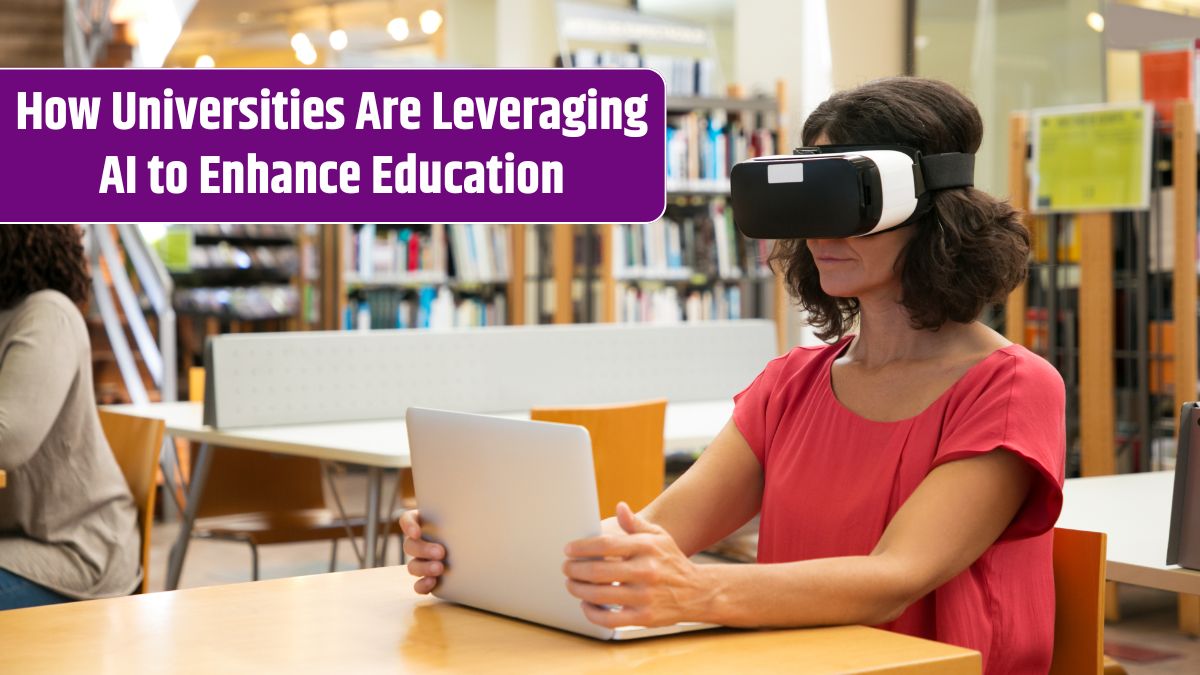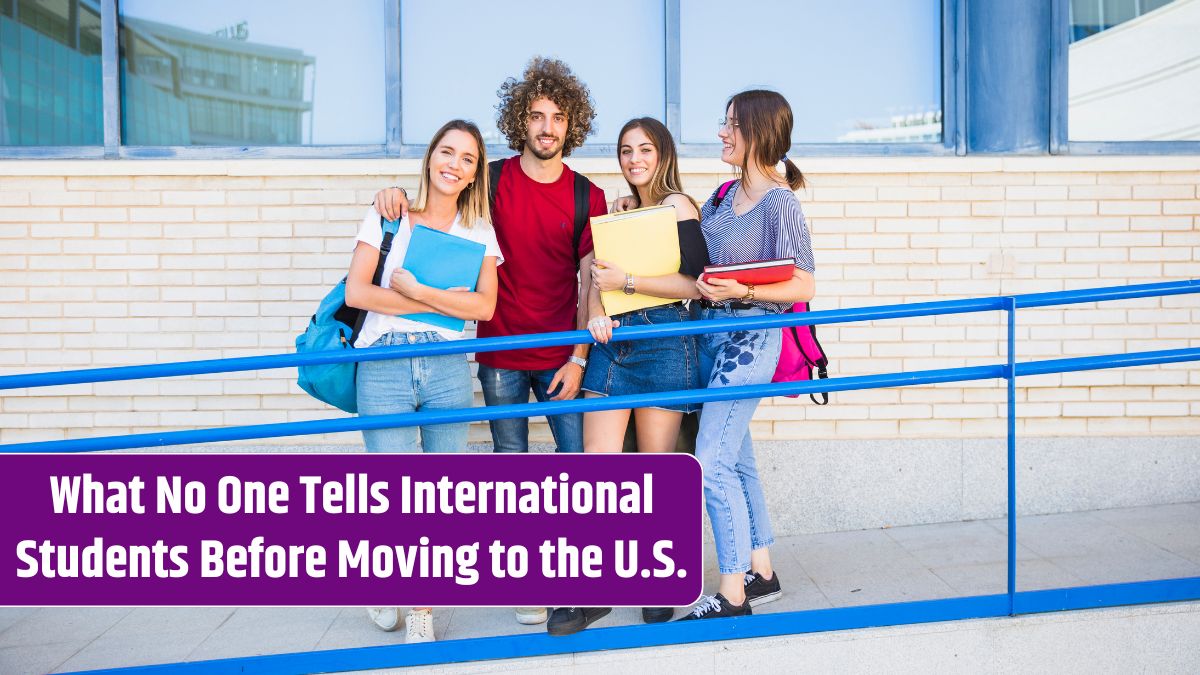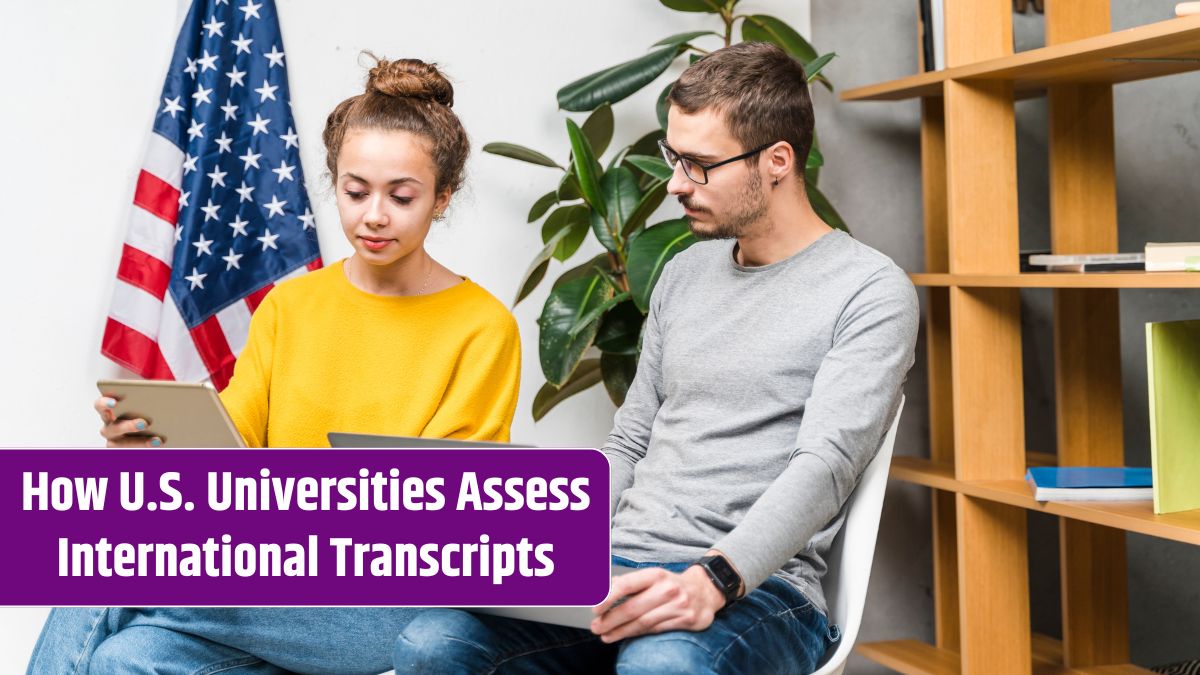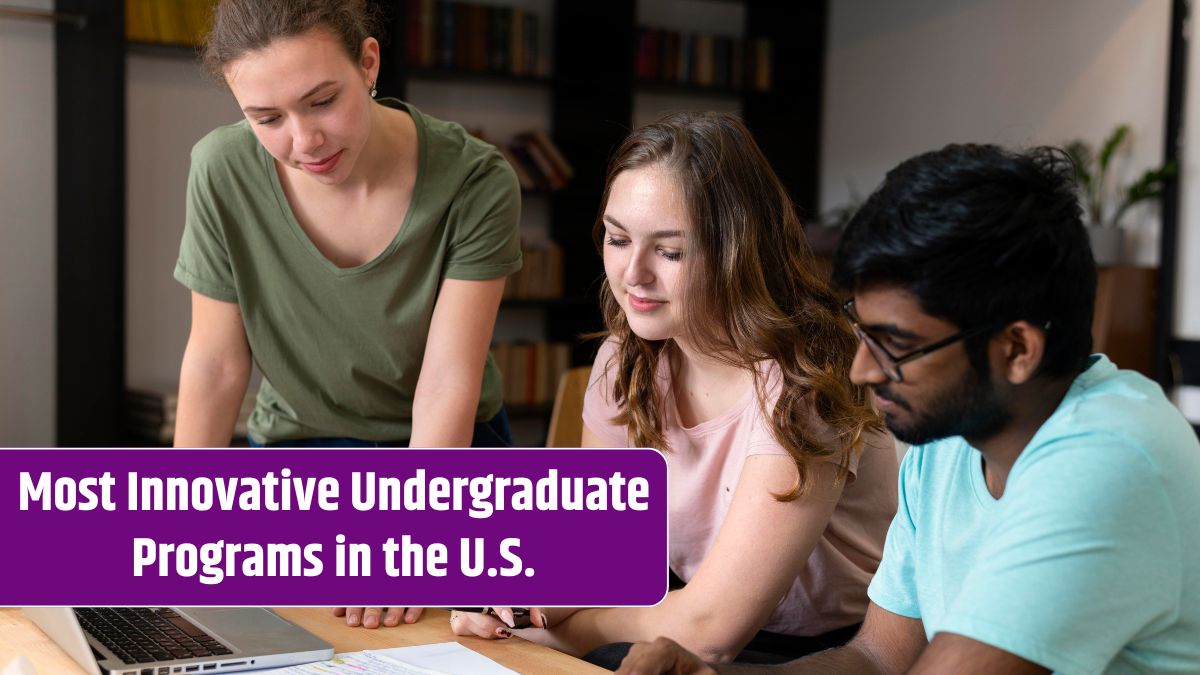Artificial Intelligence (AI) is no longer just a buzzword—it’s actively reshaping the world around us, especially in higher education. From personalized learning to administrative efficiency, universities are jumping on the AI train to make teaching more impactful and learning more engaging. So, how exactly are they doing it? Let’s break it down.
Table of Contents
Personalization
Imagine if every student had their own virtual tutor—one that understands their strengths, weaknesses, and learning pace. That’s what AI brings to the table. Universities are using AI-powered platforms to create customized learning paths. These tools analyze student performance data and recommend resources or activities tailored to individual needs.
For example, if a student struggles with calculus, the system identifies that pattern and suggests additional practice problems or video tutorials. No more one-size-fits-all education—AI is making it personal.
Automation
Let’s face it, grading is time-consuming. AI helps lighten that load. Automated grading tools can now evaluate multiple-choice tests, coding assignments, and even some essay formats with impressive accuracy. Professors can then focus more on teaching and mentoring rather than drowning in paperwork.
AI also helps streamline administrative tasks like scheduling classes, processing admissions, and handling student queries through chatbots. That means less red tape and more real-time support for students and faculty alike.
Analytics
Universities have tons of data—from test scores to attendance records. AI uses that data to identify patterns and trends. This insight helps institutions make informed decisions on curriculum design, student retention strategies, and even faculty performance.
For instance, predictive analytics can flag students at risk of dropping out. With that knowledge, universities can intervene early with support or counseling services. It’s like having a crystal ball for student success.
Accessibility
AI is also breaking down barriers. Students with disabilities benefit hugely from AI tools like speech-to-text, real-time captions, and screen readers. Language translation tools are helping international students understand lectures and course materials better, creating a more inclusive environment.
Not to mention, platforms that use natural language processing can simplify complex academic content, making it easier for all learners to grasp tough concepts.
Innovation
AI isn’t just improving old systems—it’s enabling entirely new ways to learn. Virtual labs, AI tutors, and immersive simulations are letting students explore real-world scenarios from their laptops. Think medical students practicing surgery in a virtual environment or engineering students simulating bridge designs.
These AI-driven experiences don’t just sound cool—they’re practical, scalable, and cost-effective. Universities can provide quality education without needing every resource physically on campus.
Collaboration
Collaboration between students, teachers, and even AI itself is becoming more dynamic. AI tools can facilitate group work, suggest team matches based on skills, and even evaluate peer contributions. Professors use AI to adapt lesson plans on the fly, adjusting in real-time based on class feedback or performance analytics.
Universities are also partnering with tech companies to stay at the cutting edge, blending academic rigor with industry innovation. It’s a win-win.
As AI continues to evolve, its role in education will only grow. Universities that embrace this change are setting the stage for smarter, more adaptive learning environments. The future of higher education? It’s already here—and it’s powered by AI.
FAQs
How does AI personalize learning?
AI adapts to student performance to suggest tailored content.
Can AI grade student work?
Yes, AI can grade tests, essays, and even coding assignments.
What admin tasks can AI handle?
AI handles admissions, scheduling, and student support chats.
Is AI useful for students with disabilities?
Absolutely! AI offers tools like captions and screen readers.
How do universities use AI analytics?
They use it to predict outcomes and improve performance.






















